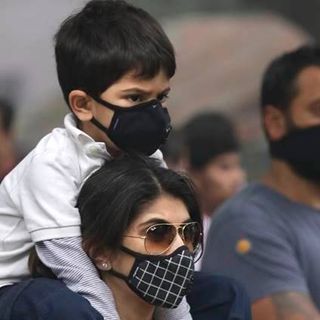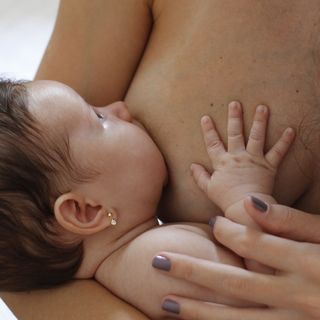Hollywood actress Gwyneth Paltrow recently made headlines when she posted a photo of her 14-year-old daughter, Apple, and herself on Instagram. In response, Apple commented on the photo, “Mom we have discussed this. You may not post anything without my consent.” This sparked a deluge of responses on the post debating whether Paltrow needs to respect her daughter’s online privacy.
Sharing pictures of kids on social media, or sharenting, is a well-documented phenomenon that has increasingly received backlash from child rights advocates. The practice exposes kids to strangers on the Internet and makes available their identities to social media giants attempting to capitalize on the data sharing. There is, however, a psychological component at play here: Not giving children privacy at the onset of and during pubescent years can affect the way they handle relationships, jobs and themselves as adults. Up until the age of 10, children need constant nurturing from their parents, therefore, privacy doesn’t become an issue, Dr. Sagar Mundada, a psychiatrist based in Mumbai, said. With the onset of puberty, children develop a need for autonomy and require space to explore their personalities and growing sexual identities.
Sharing information about children on social media, which, for parents, might stem from positive feelings of pride and love, can make children feel like they have no agency, Dr. Mundada said. “They might get the feeling that [they] have no control.”
Too much or too little privacy can also affect children in detrimental ways. If a child feels that they don’t have privacy, they might evolve to have overly dependent personalities, always needing somebody else to validate them and tell them they are doing well in life, Dr. Mundada said.
Related on The Swaddle:
Another direction in which the child can evolve, if deprived of privacy growing up, is to feel trapped and engage in defiant acts of rebellion as an attempt to explore their personality, he said. The child can become an outcast in the future, and even be motivated to jeopardize their relationships and jobs, he added. Another method of rebellion could be the child isolating themselves, which could spur mental health issues, such as depression, in later life, Dr. Mundada said.
On the flip side, if the child is left to their own devices too often, they could be overloaded with unchecked information that might influence unhealthy lifestyles, such as overuse of drugs and reckless engagement in sexual encounters, he said.
“There is a line that needs to be drawn. There has to be a balance that there are certain important things where teenagers need [parents], but not [for] every small thing,” Dr. Mundada said. The child needs to be checked on a regular basis, to ensure their safety and well-being, but not on a daily basis, he added.
Parents might feel anxiety and fear about their child as they prepare to step out into the real world, which is a natural instinct. But it is important to understand that the child is going through a phase of exploration, and needs to be given space, Dr. Mundada said.
“If [parents] become too poke-y, it will not work,” Dr. Mundada said. “[They] need to let go of the small things, to be able to take care of the big things.”
In other words, there are bigger things to hold onto than an Instagram photo.




